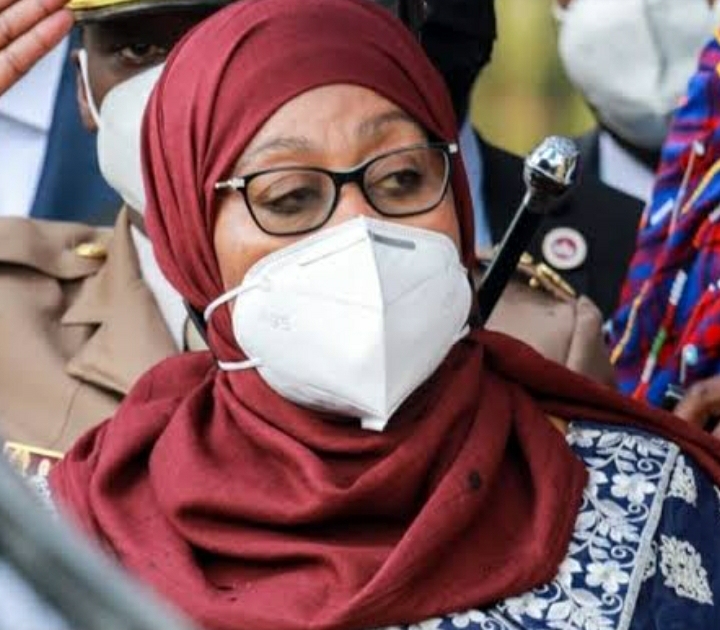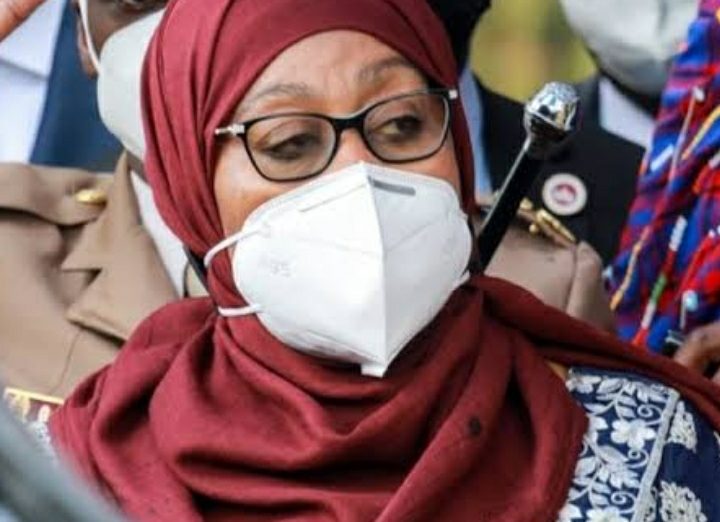TANZANIA is expected to be among African countries to benefit – for the first time since the outbreak of the pandemic – from the special program of COVID-19 vaccination financed by World Bank.
SAUTI KUBWA has learnt that yesterday some African Finance Ministers and the World Bank Group had a virtual meeting to discuss how to fast-track vaccine acquisition to countries in the continent and avoid a much fearful third wave of the Coronavirus.
Early this month, June, Tanzania government has asked global health and financial institutions to start helping the country to curb the spread of Coronavirus after a long-time denial.
Tanzania has warned its citizens of a third wave of COVID-19 and directed that all precautions to be taken, including wearing face masks. Authorities say that cases are on the rise in all bordering countries, including Uganda, Rwanda and DRC and indications that the disease may again hit the country.
The World Bank and the African Union (AU) have announced that they are partnering to support the Africa Vaccine Acquisition Task Team (AVATT) initiative with resources to allow countries to purchase and deploy vaccines for up to 400 million people across Africa. The target of AU is to vaccinate 60% of the continent’s population by 2022.
World Bank Group President David Malpass during the meeting he said the World Bank is very pleased to support African countries through the partnership with the African Union to quickly provide hundreds of millions of doses.
Strive Masiyiwa, African Union Special Envoy and coordinator of the AVATT said; “As a result of this joint initiative between the World Bank and African institutions such as the Africa Import Export Bank and the Africa Centre for Disease Control, we now have the capacity to vaccinate at least 400 million people, or 30% of our population of 1.3 billion.”
The World Bank has $12 billion in vaccine financing available to help countries purchase and distribute vaccines and address readiness issues. The World Bank has already approved operations to support vaccine roll out in 36 countries. By end June, the World Bank expects to be supporting vaccination efforts in 50 countries, two thirds of which are in Africa.
Tanzania under the late President John Magufuli denied the existence of COVID-19 after claiming that “the blood of Jesus has kicked out the tiny virus” in his country. He also declined the efficiency of vaccines citing that it was an economic project of riches countries to accumulate more money from poor countries, including Tanzania. It is rumored that he died from the same disease.
Magufuli’s successor President Samia Suluhu Hassan, got in power with a different stance, pointing out that Tanzania has never been an island, she insisted on people to observe all precautions against the pandemic. She formed a task force which advised the government to start corroborating with international institutions to contain COVID-19.
The World Bank-financed COVID-19 vaccine operations allow countries to purchase vaccines through COVAX, through regional initiatives, and through bilateral procurement from manufacturers. As such, the Bank has been working closely with AVATT to see that countries in Africa can use World Bank financing to purchase COVID-19 doses through the AVATT initiative as well.
The goal of the AVATT, which is an initiative of the AU, Africa CDC, Afreximbank, and AU Special Envoys for COVID-19, is to provide the continent with sufficient and timely access to COVID-19 vaccines. It has already successfully negotiated 220 million doses of Johnson & Johnson’s Janssen (J&J/Janssen) COVID-19 vaccine for use by African countries, with an option for 180 million more based on demand.
Apart from this initiative of distributing COVID-19 vaccines, the World Bank Group’s private sector arm – IFC, is leading a consortium to support Africa’s regional vaccine production in investing in South Africa, Senegal, and Rwanda.











